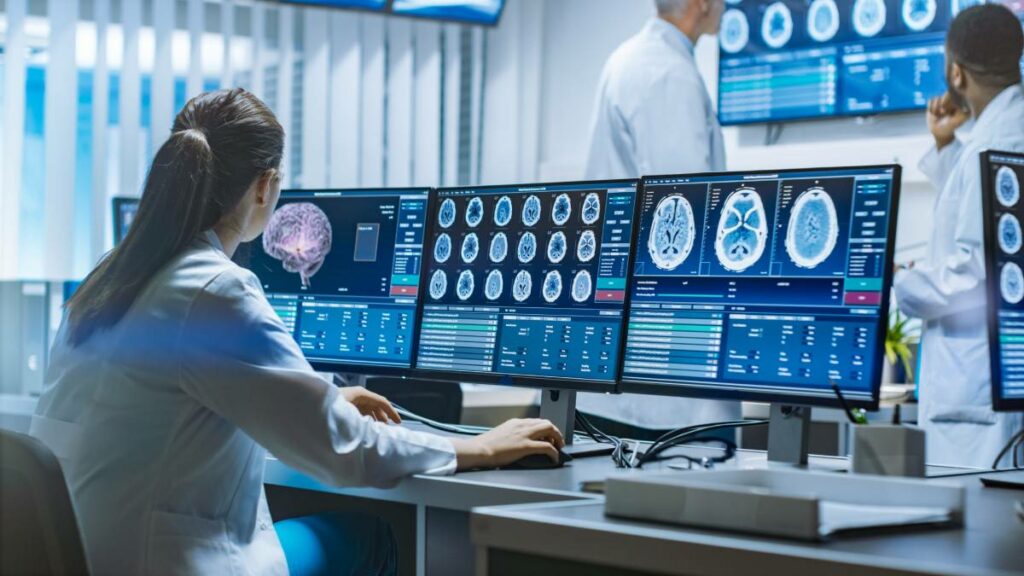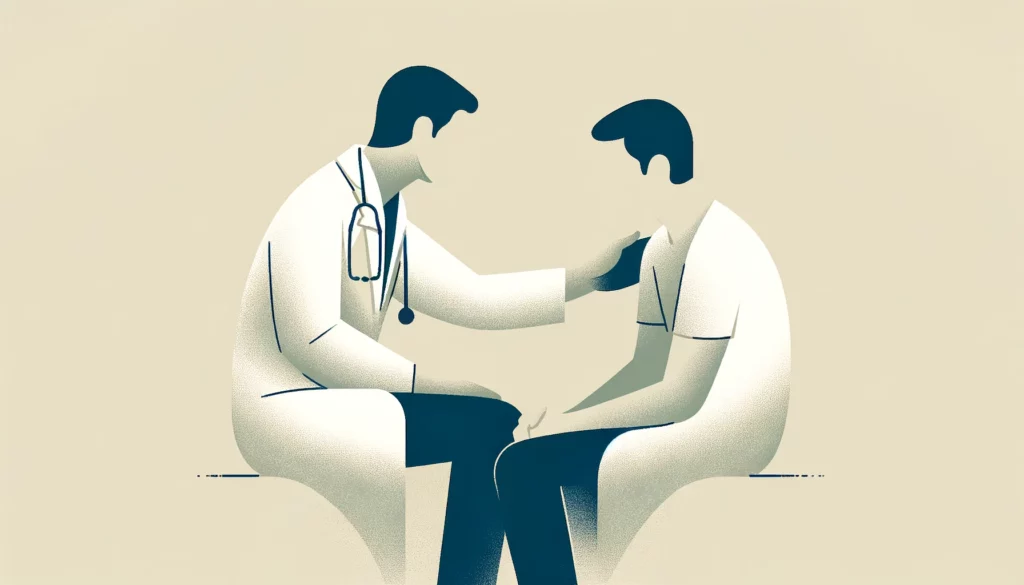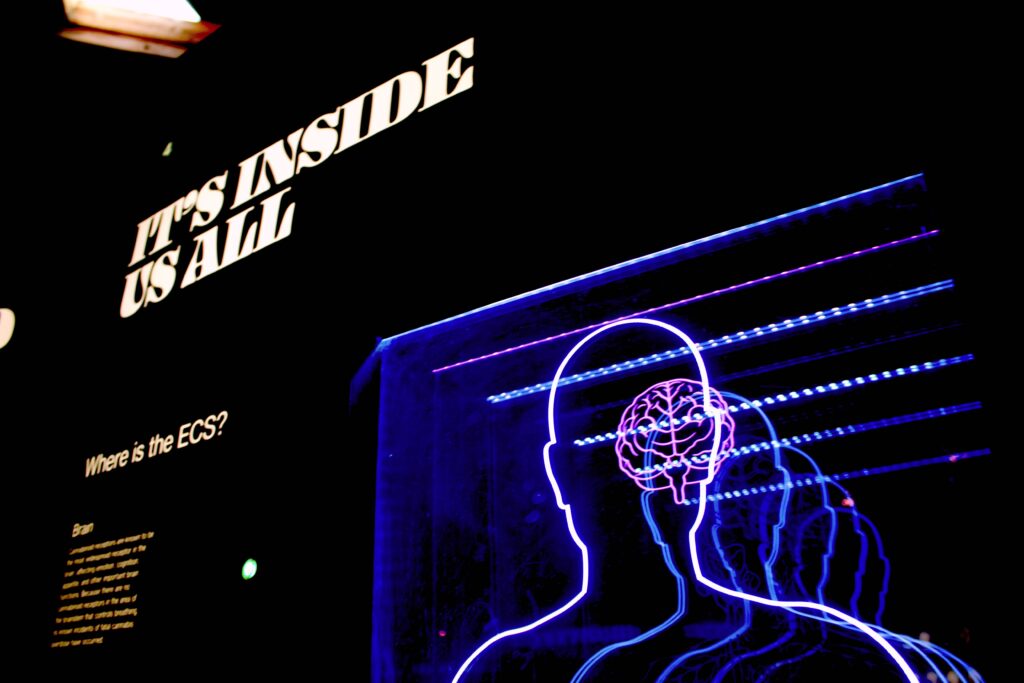The medical industry is constantly evolving and has been drastically affected by technological advancements over the last few years. With the current public health crisis intensifying, there’s an ever-present need for improved strategies in delivering healthcare services safely and efficiently. In response to this many companies have created innovative solutions that aim at making patients’ lives easier and doctors’ jobs more efficient, and their decision-making process more accurate. This post explores some of the most groundbreaking technological solutions available today to support patients and healthcare providers.

Overview of Medical Technology Solutions
Medical technology has come a long way over the past few decades, with advancements in everything from telemedicine to wearable devices. These solutions have revolutionized how healthcare providers diagnose and treat patients, offering more accurate and efficient methods. With the rise of artificial intelligence and machine learning, medical technology has become even more innovative, allowing doctors to access vast amounts of data and make informed decisions quickly.
From electronic medical records to virtual consultations, these solutions can potentially improve patient outcomes and increase efficiency in healthcare systems worldwide. Seeing what other groundbreaking medical solutions will be developed is exciting as technology evolves.
Digital Patient Health Records & Online Appointments
As technology advances, more aspects of our lives are being moved online. This includes having access to our digital patient health records and the ability to make appointments with our healthcare providers through online portals. The benefits of this technology are numerous, as it saves time and makes managing our health much more straightforward.
With just a few clicks, we can schedule an appointment, receive reminders about upcoming visits, and view our medical history at our convenience. This technology allows us to control our health more, leading to better outcomes and a higher quality of life.
Machine Learning Applications for Diagnostics and Treatment Planning
Machine learning has become an exceedingly powerful tool in medicine, allowing clinicians to use algorithms to diagnose and plan treatment with incredible accuracy. With access to massive amounts of data, these complex algorithms can identify patterns and relationships that may not be immediately clear to human clinicians. By leveraging machine learning applications, doctors can better understand and predict disease progression, identify optimal treatment plans, and monitor patients more effectively.
Machine learning is revolutionizing how we approach healthcare, from detecting early-stage cancers to identifying the genetic traits that make certain patients more susceptible to disease. As this technology continues to evolve, we can expect even more diagnostics and treatment planning breakthroughs, leading to better health outcomes for patients worldwide.
Wearable devices to Monitor Vital Signs & Track Health Data
In recent years, wearable devices have become an increasingly popular means of tracking our health and wellness. From smartwatches to fitness trackers, these devices can monitor vital signs and provide valuable data on our physical activity, sleep patterns, and more. Whether you’re an athlete looking to optimize your performance or just someone who wants to keep tabs on your well-being, wearable devices offer a convenient and effective way. So whether you’re interested in monitoring your heart rate, tracking your steps, or simply staying on top of your health, a wearable device can help.
Telemedicine & Virtual Visits for Remote Care
The advancement of technology has revolutionized how we view healthcare. Telemedicine and virtual visits have made it possible to receive remote care from the comfort of our own homes. This technology has become a game-changer for individuals living in rural areas or those with difficulty physically visiting a healthcare facility. Through telemedicine, patients can now connect with their healthcare providers via video chat, allowing for real-time consultations and diagnoses.
These virtual visits have also provided a safer option for patients during the COVID-19 pandemic, allowing them to receive necessary medical care without risking exposure to the virus. As more healthcare providers incorporate telemedicine into their practices, the benefits of remote care are becoming increasingly accessible to patients across the globe.
Automated Pharmacy Solutions for Faster Drug Delivery
Automated pharmacy solutions have revolutionized the way drugs are delivered to patients. With these systems, medication dispensing has become faster, more accurate, and more efficient. Patients no longer have to wait hours for their prescriptions to be filled by a pharmacist, as the supply chain has been streamlined from start to finish.
By automating the medication delivery process, these systems have significantly reduced the risk of errors and improved patient safety. With the ability to store, pick, and package medications all in one place, automated pharmacy solutions are becoming increasingly popular, and it’s not hard to see why.
Final Thoughts
There is no doubt that medical technology solutions have been very effective in revolutionizing the healthcare industry. From digital patient health records, machine learning applications, and wearable devices tracking health data to remote care and automated pharmacy solutions, innovation puts the patient first. Doctors have adapted to technology according to modern needs. Technology allows for better accuracy and convenience in medical treatments and provides more comprehensive access to healthcare services for people who live far away from hospitals. Therefore, medical technology solutions are likely to continue playing a significant role in the evolution of healthcare for many years to come.



